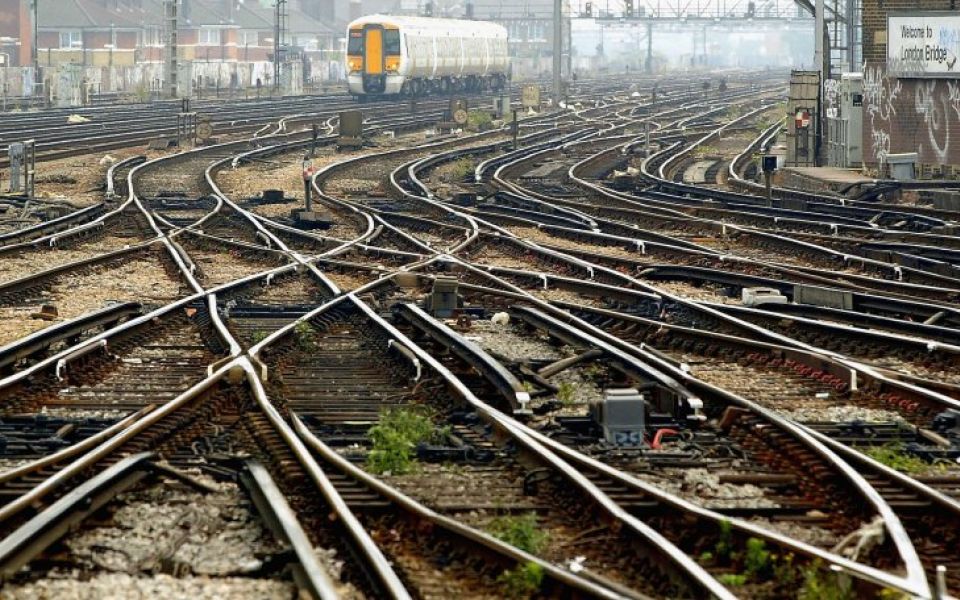RMT union to claim higher pay for Network Rail workers following row with Chris Grayling

The RMT union has said it will lodge a claim to increase the pay of its members working at Network Rail, raising the possibility of a tense standoff that could result in further disruption for British passengers.
Relations between the union and the Department for Transport (DfT), which controls Network Rail, are at an all-time low after the transport secretary, Chris Grayling, suggested pay increases for workers should be tethered to the lower consumer price index (CPI), rather than the current retail price index (RPI), to keep fares low for passengers.
Rail fares will increase by 3.2 per cent from January – causing widespread anger among passengers who have suffered months of disruptions, cancellations and overcrowding caused by the botched May timetable.
An RMT spokesperson said: "RMT is in the process of drawing up our claim which will of course seek to protect and enhance our members standards of living and their working conditions."
The RMT is understood to be angling for a pay increase for Network Rail's maintenance and operations workers above 3.2 per cent, the current level of the RPI. It will lodge its claim for higher pay in September, months before its current pay agreement terminates at the end of the year.
Earlier this month Grayling suggested fares for passengers should be pegged to the CPI, but said this was only possible if the unions and train operators were willing to apply the same index to calculate their pay.
In a letter to the main unions – the RMT, Aslef, Unite and TSSA – he said lowering the levels of fare increases was only possible if "costs in the industry rise no faster than ticket prices".
"I am not opposed to above inflation pay increases being individually negotiated between trade unions and employers in the industry where there are productivity or similar improvements that create the financial headroom for such deals," he said. "But it is difficult to justify using a different measure of inflation in the rail industry to the one that is widely used across services like the NHS."
The debate over pay raises the possibility of further strikes if the negotiations fail.
A spokesperson for Network Rail said: "Network Rail has not yet received any pay claims from our trade unions in relation to operation and maintenance employees, and negotiations are not expected to commence until the end of October. Therefore any talk of industrial action at this stage is misleading."
The pay talks will be one of the first issues Network Rail's new chief executive, Andrew Haines, may have to contend with. Haines, who was previously the chief executive of the Civil Aviation Authority (CAA), joined Network Rail in the summer to replace Mark Carne.
Carne will remaining working for Network Rail throughout the autumn to oversee its current control period.